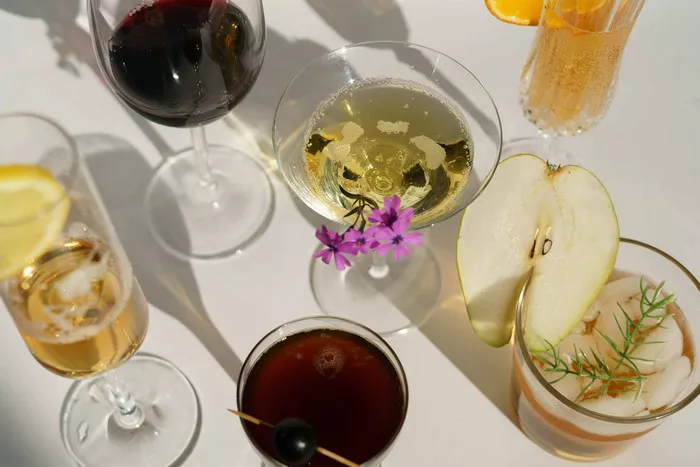In the heart of Eugene, Oregon, Alesong Brewing & Blending stands as a testament to innovation, blurring the lines between beer and wine since its establishment in 2016. With a backdrop of local grapes and a unique barrel-aged beer membership club, Alesong’s co-founder and production manager, Mr. Brian Coombs, draws parallels between their operation and that of a winery, leveraging his experience from nearby King Estate Winery in the renowned Willamette Valley wine region. Recently, in September 2023, Alesong made its foray into winemaking with the introduction of its inaugural wine, a pinot gris, aiming to expand their creative horizons and appeal to a broader customer base.
Mr. Coombs notes the reception from patrons who may typically lean towards wine due to preference or dietary restrictions, emphasizing a desire to reimagine winemaking traditions by infusing unconventional elements like cherries or coconut into classic varietals such as pinot noir. This willingness to challenge conventions epitomizes the ethos of craft breweries, which have thrived in recent years by pushing the boundaries of flavor exploration.
However, venturing into winemaking presents distinct challenges compared to brewing. While breweries can iterate and refine beer batches regularly, winemakers are confined to one annual vintage, with a misstep potentially impacting the entire year’s production. Despite the steep learning curve, breweries like Middle Brow Beer & Wine Co in Chicago have embraced experimentation, evolving from initial setbacks to produce unique blends like their fizzy, lambrusco-inspired Pizza Wine.
For Allagash Brewing in Portland, Maine, branching into winemaking offered not only a creative outlet but also a strategic workaround to state regulations. By obtaining a winery license in 2021, Allagash expanded its offerings to include fruit wines made from locally sourced honeyberries and blueberries, tapping into Maine’s rich agricultural landscape for inspiration.
Similarly, former head brewer at Urban Artifact in Cincinnati, Mr. Josh Elliott, transitioned exclusively to winemaking with his Fruitblood line, leveraging the brewery’s infrastructure and expertise to craft sparkling wines from unconventional fruits like peaches and boysenberries. This seamless transition underscores the natural synergy between brewing and winemaking, particularly for breweries already accustomed to fermenting fruit.
Even in urban settings like Brooklyn’s Williamsburg, Grimm Artisanal Ales has seamlessly integrated winemaking techniques into their beer production, producing fruited sour ales reminiscent of fruit wines. Last year, they unveiled Physica Wines, a sister winery utilizing Long Island grapes for low-intervention wines, thus creating a circular production process that minimizes waste.
Despite skepticism from some quarters, breweries like Burial Beer Co in Asheville, North Carolina, are committed to showcasing their dedication to winemaking, with plans to open a rooftop wine bar. This dedication extends to individuals like Mr. Nick Gislason, whose journey from brewing to winemaking has enriched his approach to both crafts, culminating in ventures like Hanabi Lager Co, where lagers are meticulously crafted akin to winemaking practices.
In essence, the convergence of brewing and winemaking signifies a broader trend within the craft beverage industry, where boundaries are blurred, and creativity knows no limits. As Mr. Gislason aptly puts it, the symbiotic relationship between brewing and winemaking enriches both pursuits, fostering a culture of innovation and excellence.


